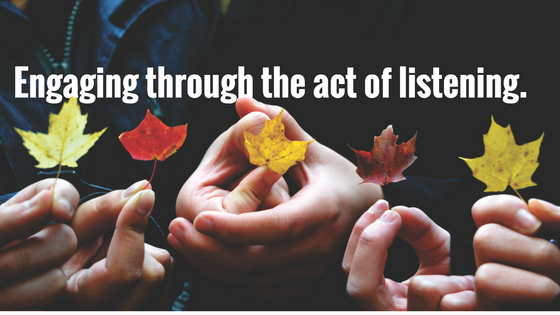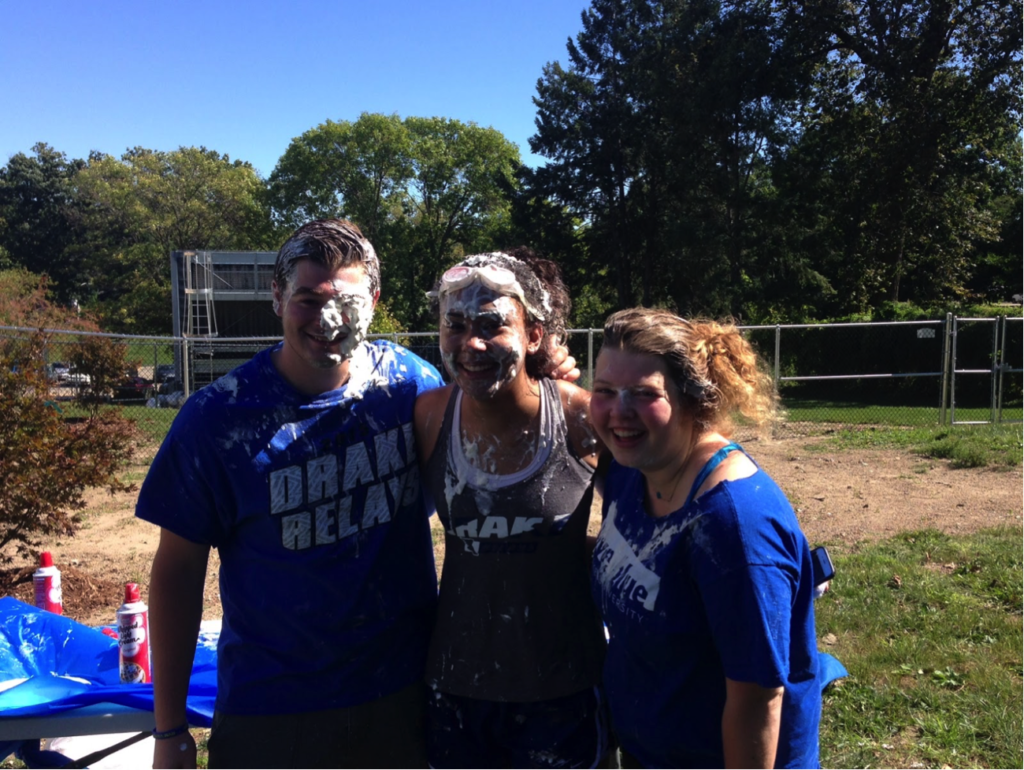Being able to effectively use research to inform planning is a critical piece of becoming a well-rounded communications leader. This is exactly what our cohort of five students in Drake’s Master of Communication Leadership (MCL) program learned by working with a local nonprofit to propose, conduct, analyze, and present research to help the organization solve its communication challenges.
In the Applied Communication Theory and Research class, and under the guidance of Matthew Thornton, assistant professor of journalism and mass communication, the five students in our cohort worked with the YMCA Supportive Housing organization in Des Moines. This permanent, supportive housing campus offers 140 efficiency units to single adults who meet income and lifestyle criteria, filling a unique, much-needed niche in the affordable housing continuum. While the organization was at capacity and serving its residents well, it was lacking the public awareness and funding needed to propel its mission and fuel future expansion.
After digging in, our team recommended three types of research: getting a lay of the land through one-on-one interviews with organization employees and board members; circulating a written survey of residents; and creating an online “snowball” survey for potential donors and partners—business and nonprofit leaders in the region. Executing these plans the way we wanted to depended on securing some funds, provided by Community Engaged Learning via a service-learning mini-grant. These additional resources allowed us to offer a survey incentive to YMCA Supportive Housing residents: bus tokens for all who completed the survey, with a drawing among those who completed it for Walgreen’s gift cards. They also allowed us to print written surveys and print/bind the completed, 100+ page survey report to present to and share with the client.
Ultimately, we were able to hone in on some areas where enhanced communication and new partnerships could really move the needle for YMCA Supportive Housing. Staff and board of the organization reported that the effort was more thorough, validating, and actionable than they had even hoped for. Our cohort will continue to draw on these findings in the execution phase of this project, which will take place during our summer 2016 MCL Capstone.
Going through this process was as valuable for both us, as learners, as it was for our nonprofit client. The experience of not just learning about research in a classroom but actually using what we learned to address a real problem was invaluable. We now have the deeper, practical knowledge, as well as the confidence, to move forward to draw on these tools in our own professional lives.
written by Jill Brimeyer, MCL Class of 2017

